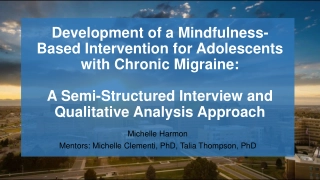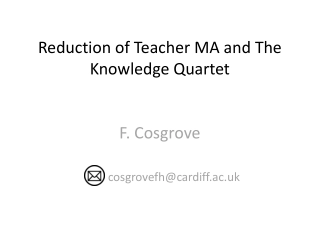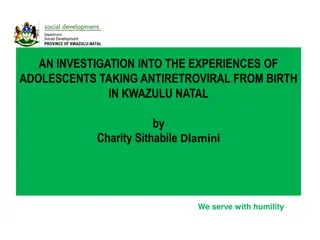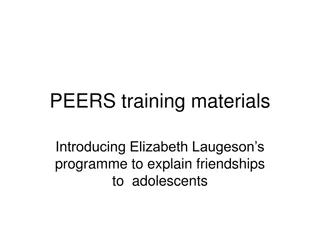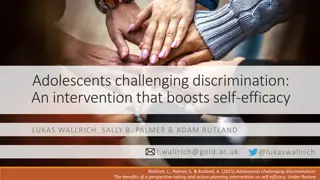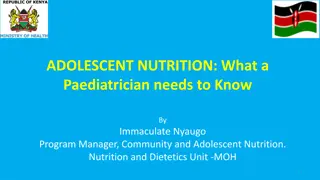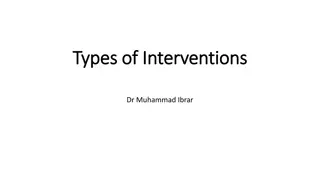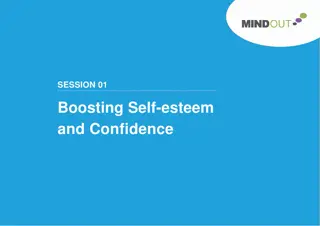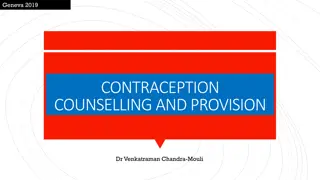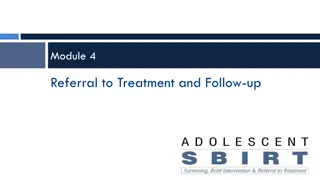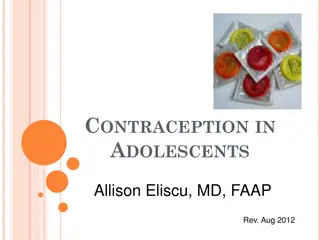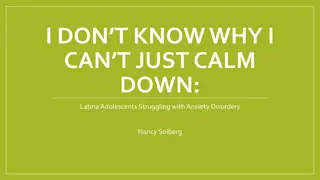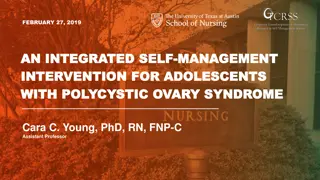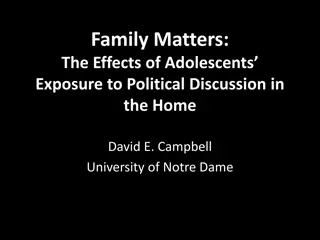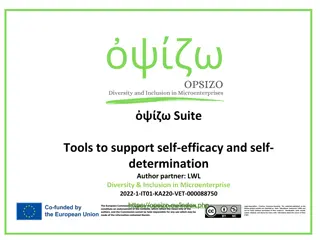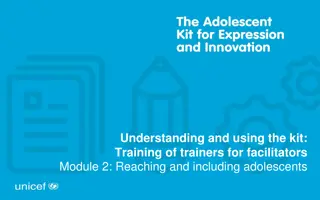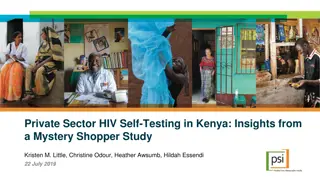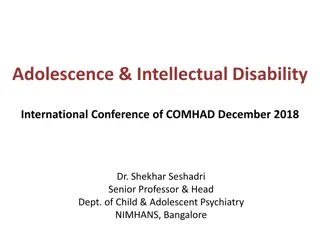Boosting Self-Efficacy in Adolescents: Intervention Study
Adolescents challenged discrimination through a perspective-taking and action-planning intervention, leading to increased self-efficacy, especially among White participants. The intervention involved facilitated discussions, self-disclosure, and sharing experiences to empower adolescents to intervene effectively. This simple yet effective intervention had small benefits and no adverse effects, emphasizing the importance of further research to explore durability and pathways of effect, particularly among minority-ethnic participants.
Download Presentation

Please find below an Image/Link to download the presentation.
The content on the website is provided AS IS for your information and personal use only. It may not be sold, licensed, or shared on other websites without obtaining consent from the author. Download presentation by click this link. If you encounter any issues during the download, it is possible that the publisher has removed the file from their server.
E N D
Presentation Transcript
Adolescents challenging discrimination: An intervention that boosts self-efficacy LUKAS WALLRICH, SALLY B. PALMER & ADAM RUTLAND l.wallrich@gold.ac.uk @lukaswallrich Wallrich, L., Palmer, S. & Rutland, A. (2021) Adolescents challenging discrimination: The benefits of a perspective-taking and action-planning intervention on self-efficacy. Under Review
Context 74% of secondary school students experience victimisation (GLSEN, 2016) name-calling is most common Bystander intervention matters, yet often, bystanders stand by For emergency helping: Recognise emergency, take responsibility, know how to respond, act (Latan & Darley, 1970) For speaking up, different emphasis: Recognising importance of intervening, feeling self-efficacy Recent research found role-playing to be effective (Abbot et al., 2020) we were wondering whether action-planning and perspective taking would be enough easier to implement Intervention studies in field are needed Study with English National Citizen Service 3 week summer-programme in diverse teams of 16-year-olds 639 participants from 131 teams across England (~60% from minority-ethnic backgrounds) 2
Facilitated discussion sessions (~20-30 mins) SPECIFIC CONTROL: SELF-DISCLOSURE INTERVENTION: PERSPECTIVE TAKING & ACTION PLANNING NON-SPECIFIC CONTROL Participants discuss stories of young people who made a difference (e.g., Greta Thunberg) Participants share positive and negative experiences with being labelled instructed to engage in active listening Participants writes down one experience with a negative label They are presented anonymously, advice and options to act discussed 3
Different patterns by ethnicity (self-efficacy) MINORITY-ETHNIC (N = 173) WHITE PARTICIPANTS (N = 103) 5
Results summary and conclusion Activity increased self-efficacy, at least among White participants Also increased perceived importance, among White participants only Self-disclosure session (specific control) also increased perceived importance among White participants, but perspective-taking and action-planning session appeared more effective overall Simple, cheap, brief intervention, with small benefits and no adverse impacts can inform practice Further research needed into durability of effect, pathways, and into how to affect minority-ethnic participants (who were at identical starting point) 6
Get our pre-print: https://osf.io/rzvud LUKAS WALLRICH, SALLY B. PALMER & ADAM RUTLAND l.wallrich@gold.ac.uk @lukaswallrich Wallrich, L., Palmer, S. & Rutland, A. (2021) Adolescents challenging discrimination: The benefits of a perspective-taking and action-planning intervention on self-efficacy. Under Review


